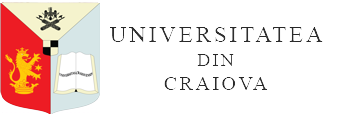FOLIAR FERTILIZATION - AN INTEGRAL PART OF COMPLEX AND INTEGRATED FERTILIZATIONS – A REVIEW
DOI:
https://doi.org/10.52846/aamc.v52i2.1395Abstract
In the context of demographic increase and climate change, the issue of ensuring food security is becoming increasingly important, which is why the use of chemical fertilizers in agriculture is the main means of increasing the quantity and quality of agricultural production. Alongside basic mineral (root) fertilization, which is indispensable, foliar fertilization is a measure of increase both in terms of yields and quality. Foliar fertilizers provide a surplus of fertilizing elements, especially secondary macroelements and microelements, which allows plants to thrive under optimal conditions and to resist stress factors. Foliar fertilization has become a widespread management tool in directing the nutrition of crop plants, and is often a complementary part of fertilization systems or even seen as an alternative to root fertilization. When applied correctly, foliar fertilization has an interesting potential to manipulate the yield and quality of agricultural production, with low environmental impact and relatively low costs. This review aims to highlight the importance of foliar fertilization for agricultural crops, based on experimental results from the literature, using the platforms Google Scholar and Web of Science for documentation.


